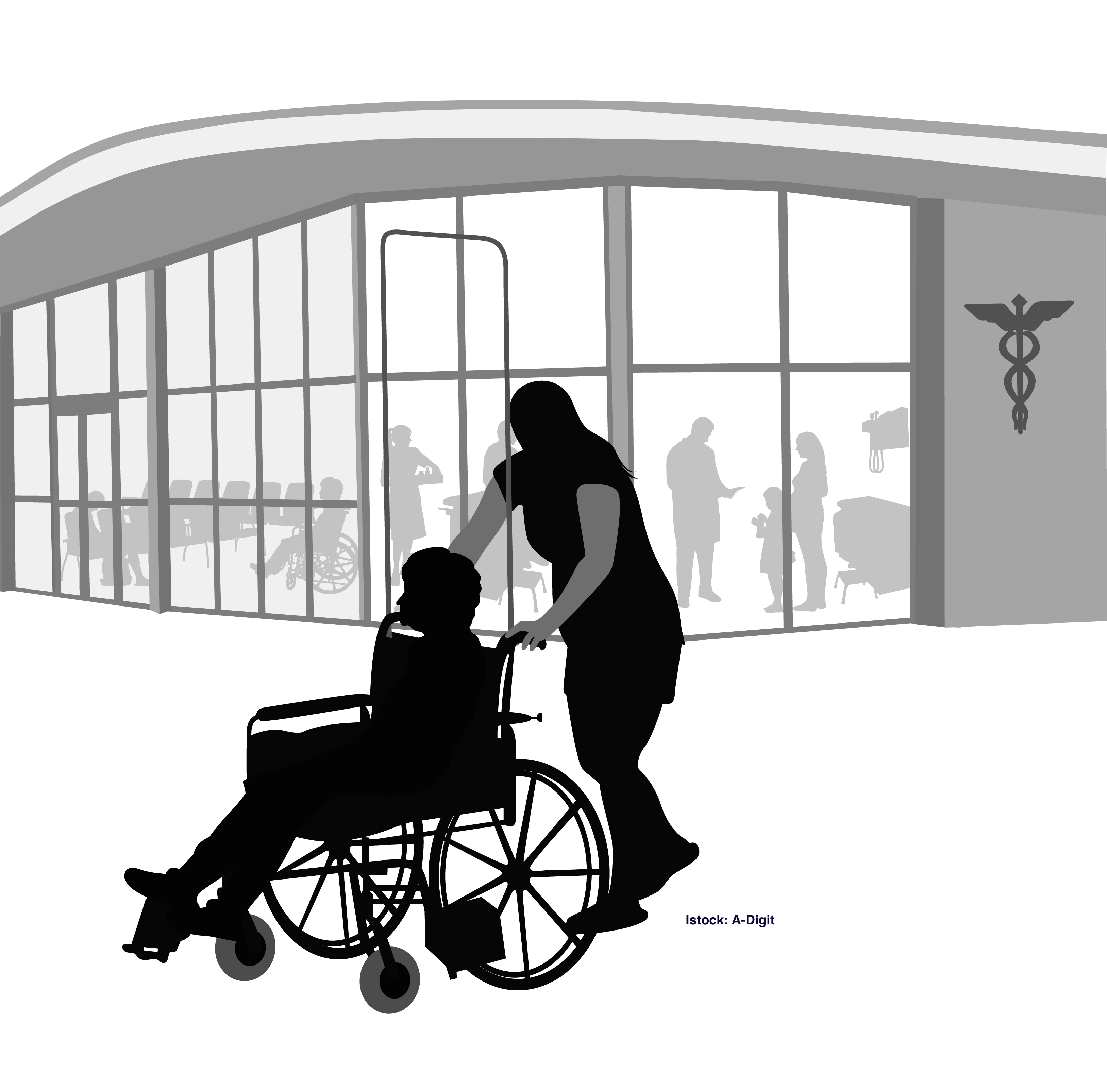AARP Hearing Center

Tim Moffitt, a Republican state representative from Hendersonville, has always appreciated the care providers at the local group home where his younger brother lives.
His brother, who has severe autism, needs help with all the activities of daily living. During the coronavirus pandemic, however, Moffitt noticed more turnover than usual among the group home’s workers. When he talked to its director about why, he was shocked at their low wages.
“I was embarrassed that these folks who are so important and have such a significant role in the lives of so many people are so undervalued in our state,” he says. “We need to do more.”
Moffitt is a sponsor of legislation to increase the Medicaid pay rate for direct care workers across North Carolina, who include those at nursing homes, group homes and residential behavioral health facilities, and home health aides.
The pay for those workers now averages only $10.30 an hour, says Karen McLeod, president and CEO of Benchmarks, a Raleigh-based nonprofit group of provider agencies.
Low pay has been an ongoing issue in the industry, she says, but the problem was exacerbated by COVID-19 and the subsequent worker shortage.
McLeod says it’s incredibly difficult to recruit care providers and persuade them to stay when people can make $15 an hour or more at retailers doing work that isn’t as physically or emotionally draining.
“They want to do this work, but many of them have multiple jobs and are struggling to make ends meet,” McLeod says.
The bill would increase the average hourly rate for direct care workers by about $4, to almost $15 an hour. The cost would be covered by about $160 million a year in state dollars and matching federal Medicaid funding.
More workers needed
AARP North Carolina and more than two dozen other statewide organizations came together to push for the change.
“It’s a crisis,” says Lisa Riegel, AARP’s advocacy director. “If you can’t fill the position, then the facility or the family is scrambling to get help, and people don’t get the care that they need.”
There are about 120,000 paid care workers in North Carolina, but the need for more is expected to grow as the state’s population ages. The long-term care sector alone is projected to add an additional 28,000 direct care positions by 2028.
The legislation had strong early support in House committees, but the Senate budget released in June did not include money to pay for the full initiative. Instead, it would increase the pay of a small number of direct care workers employed by the state to $15 an hour. All others would get $1,500 bonuses.
Moffitt says he hopes his colleagues will prioritize the legislation after hearing from families and clients whose lives have been touched by the state’s direct care workforce.
Moffitt is a caregiver to his brother during home visits for seven days every month and knows how physically demanding the job can be.
“I look at the sacrifices being made by the folks who are drawn to this work,” he says. “A significant increase like this would let them know that we recognize the important role that they have.”
Michelle Crouch is a writer living in Charlotte.
More on Long-Term Care:
- 5 Things You Should Know About Long-Term Care Insurance
- Feds Say Nursing Home Staff Must Vaccinate Against COVID-19What You Should Know About Long-Term Care Insurance































































